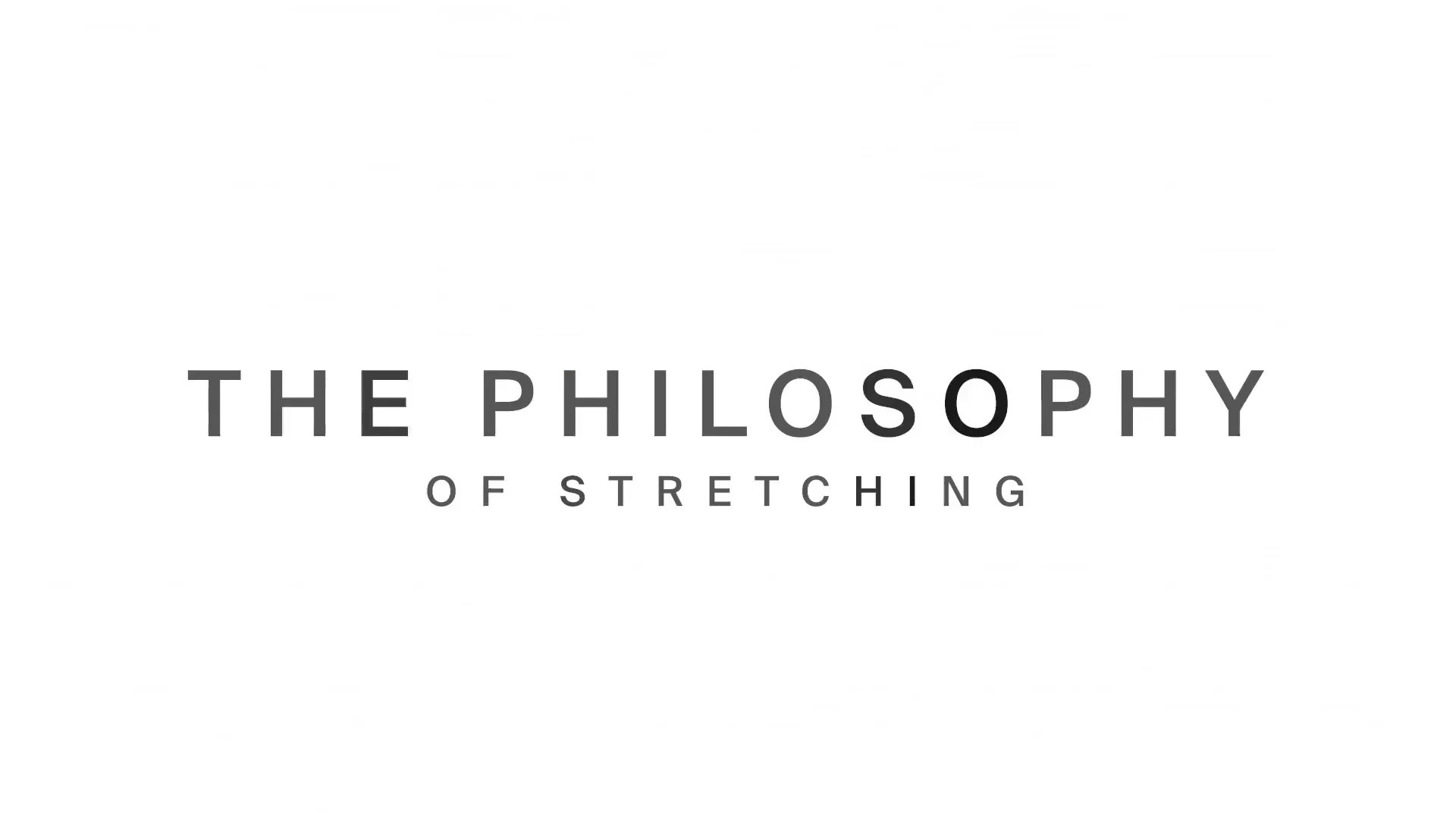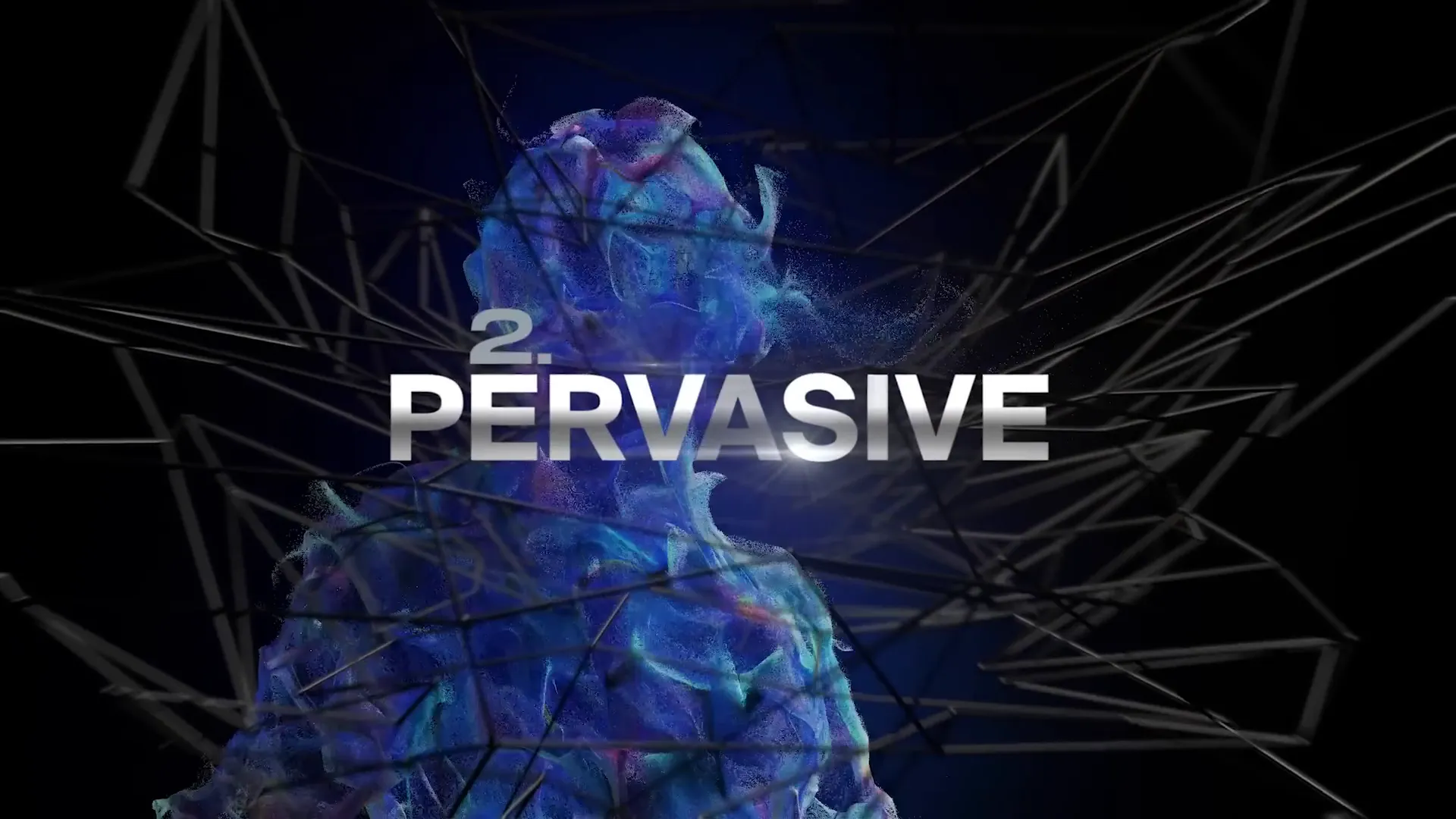Log in or sign up to connect with businesses, services, and your professional network.
Unlocking Your Potential: The Tony Robbins Approach to Achieving Anything You Want
Tony Robbins, a renowned life and business strategist, shares invaluable insights on how to break free from limiting beliefs and achieve your dreams. By understanding the importance of clarity and perception, he guides us toward a path of lasting happiness and fulfillment.
Introductory Insights
Tony Robbins, a figure synonymous with personal development, emphasizes the importance of clarity in achieving one's goals. Understanding precisely what you want is the first step towards progress. He believes that being aware of your current position relative to your goals creates a dynamic tension that drives you to take action.
Robbins argues that the barriers to success often stem from the limiting stories we tell ourselves. These narratives can obstruct our relationships, finances, and overall happiness. By recognizing and dismantling these limiting beliefs, individuals can unlock their true potential.
Defining Your Story
One of the central themes in Robbins' philosophy is the concept of personal narrative. The stories we create about our limitations dictate our experiences. To move forward, it is crucial to challenge and replace these narratives.
Robbins insists that the only thing standing between you and your desires is the story you tell yourself about why you can't have it. By changing this narrative, you can alter your life’s trajectory.

The Role of Perception
Robbins highlights that suffering does not arise from the actual events of our lives but from our perceptions of those events. This insight is pivotal; it shifts the focus from external circumstances to internal interpretations. The way we perceive our experiences shapes our emotional responses.
For instance, grieving the loss of a loved one is a natural process. However, prolonged suffering often stems from the belief that the loss shouldn’t have happened. Understanding that our perception creates suffering can empower us to navigate through pain more effectively.

Understanding Suffering
Robbins introduces the idea that suffering is a product of our perception, not the facts themselves. He encourages individuals to recognize that while pain is a part of life, the continuous suffering arises from our inability to accept certain truths.
This perspective allows us to reframe our experiences. Instead of viewing challenges as insurmountable obstacles, we can see them as opportunities for growth and learning. Acknowledging that life happens for us, not to us, is a transformative mindset shift.
Challenging Limiting Beliefs
To break free from limiting beliefs, Robbins advocates for a radical approach: annihilate the negative stories that keep you stuck. He emphasizes that many of us hold on to beliefs that we know are irrational but still emotionally bind us.
Robbins encourages individuals to confront these beliefs head-on. It’s essential to recognize that beliefs like “I’m not enough” or “I can’t change” are not facts but stories shaped by past experiences. By dismantling these beliefs, we can create space for new, empowering narratives.

The Importance of Execution
Knowledge alone is insufficient for transformation; execution is crucial. Robbins stresses that understanding concepts without putting them into practice leads to stagnation. The true power lies in conditioning oneself to act consistently and effectively.
He shares that the journey to success requires a commitment to action, even in the face of discomfort or uncertainty. The more you practice execution, the more natural it becomes, ultimately leading to profound changes in your life.
Philosophy of Stretching
Tony Robbins introduces the concept of the "Philosophy of Stretching" as a transformative approach to overcoming self-imposed limitations. This philosophy emphasizes that whenever you find yourself saying, "I can't," it is essential to counter that thought with, "I must."
This shift in mindset encourages immediate action, even when the path forward seems unclear or daunting. By training yourself to act in the face of discomfort, you develop resilience and the ability to grow beyond your limitations.

Embracing Discomfort
Robbins asserts that true growth often occurs outside our comfort zones. He emphasizes that if a task feels uncomfortable or challenging, it is likely an area where you need to push yourself. Embracing discomfort leads to personal growth and new opportunities.
He encourages individuals to take immediate action when faced with difficult situations. This proactive approach not only builds confidence but also fosters a sense of accomplishment that can propel you forward.

Changing Your Narrative
By adopting the Philosophy of Stretching, you also begin to change the narrative you tell yourself. Instead of succumbing to feelings of inadequacy, you replace those thoughts with affirmations of capability and potential.
Robbins highlights that the stories we tell ourselves shape our reality. By eliminating limiting beliefs, you create a new foundation for success and fulfillment.

Taking Immediate Action
One of the key tenets of Robbins' philosophy is the importance of taking immediate action. He argues that knowledge without execution leads to stagnation. The act of doing is what transforms insights into results.
When you encounter obstacles, Robbins encourages you to act swiftly. This can involve making a phone call, sending an email, or taking any step that brings you closer to your goal. The idea is to build momentum through action.
The Power of Commitment
Robbins believes that commitment is a critical factor in achieving success. When you commit to taking action, the universe responds. This principle is rooted in the idea that intention and dedication pave the way for opportunities to arise.
He often cites the phrase, "If you want to take the island, burn your boats." This metaphor illustrates the necessity of fully committing to your goals without the option of retreating.

Overcoming Fear
Fear often holds people back from taking action. Robbins teaches that to overcome fear, you must confront it head-on. Acknowledge the fear, but don’t let it dictate your actions. Instead, use it as fuel to propel you forward.
By taking action despite fear, you gradually diminish its power. Each step you take reinforces your ability to handle challenges, ultimately leading to greater confidence and resilience.

The Three 'P's of Progress
Robbins outlines three critical 'P's that can hinder progress: Permanence, Pervasiveness, and Personalization. Understanding these concepts is vital for breaking free from learned helplessness.
- Permanence: The belief that problems are permanent can lead to despair. Robbins emphasizes that no problem is permanent; everything changes over time.
- Pervasiveness: This refers to the tendency to generalize problems across all areas of life. Robbins reminds us to recognize that just because one area is challenging does not mean all aspects of life are failing.
- Personalization: The belief that problems are a reflection of personal inadequacy can be debilitating. Robbins encourages individuals to understand that challenges are often external and not a reflection of one's worth.

Transforming Limitations
To combat these limiting beliefs, Robbins advocates for a mindset shift. By acknowledging these 'P's and actively working to dismantle them, individuals can reclaim their power and move towards progress.
Robbins insists that transformation begins with a change in perspective. By reframing challenges as temporary and external, you empower yourself to take action and create positive change.

Conclusion: Embracing Change
In conclusion, Tony Robbins emphasizes that embracing change is essential for personal growth and fulfillment. The journey requires courage, commitment, and a willingness to stretch beyond your limits.
By adopting the Philosophy of Stretching, taking immediate action, and dismantling limiting beliefs, anyone can unlock their potential. Robbins' teachings serve as a reminder that we are capable of more than we often believe.
FAQs
What is Tony Robbins' Philosophy of Stretching?
The Philosophy of Stretching encourages individuals to take immediate action when faced with challenges. It promotes the idea that discomfort is often a sign of growth and that overcoming limiting beliefs is essential for success.
How can I overcome limiting beliefs?
To overcome limiting beliefs, identify and challenge the narratives you tell yourself. Replace negative stories with empowering affirmations and take action despite fear or uncertainty.
Why is taking immediate action important?
Taking immediate action is crucial because it builds momentum and transforms knowledge into results. It helps to counteract fear and reinforces your ability to handle challenges.
What are the three 'P's of progress?
The three 'P's of progress are Permanence, Pervasiveness, and Personalization. Understanding these concepts helps individuals break free from learned helplessness and reclaim their power to create change.
How can I embrace change in my life?
Embracing change involves adopting a growth mindset, being willing to step outside your comfort zone, and viewing challenges as opportunities for learning and development. Commitment to action is key.
